The Romanoffs: how did the Tsar and his family die?
New series about descendants of the Russian royal family comes to Amazon Prime
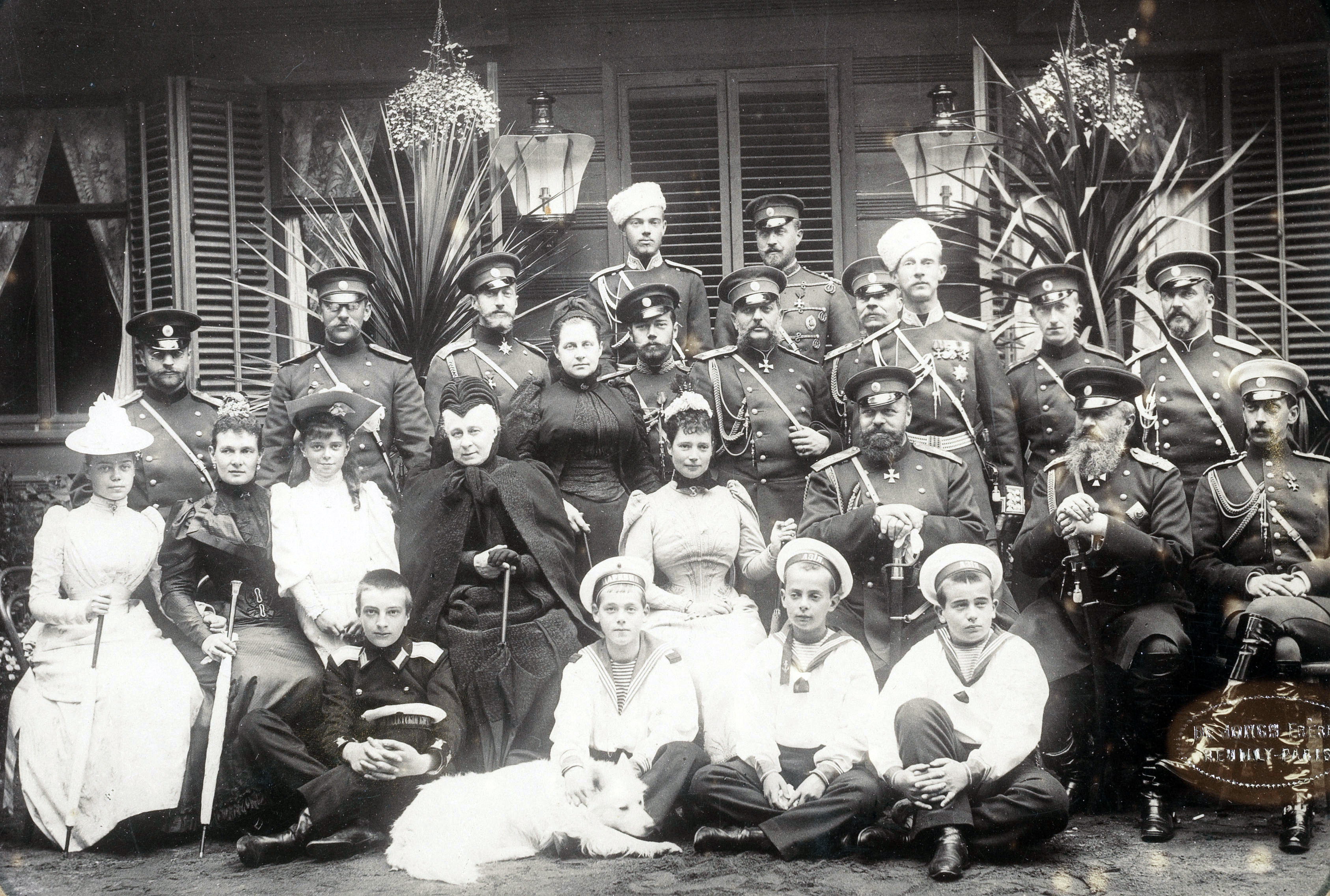
A free daily email with the biggest news stories of the day – and the best features from TheWeek.com
You are now subscribed
Your newsletter sign-up was successful
Mad Men creator Matthew Weiner is back with a new television project: The Romanoffs for Amazon Prime.
The series is described as “an anthology”, featuring characters who believe they are descended from the Russian Romanov dynasty, which came to an end when Tsar Nicholas II and his family were executed in 1918.
The $70m TV show, one of the most expensive ever, “twinkles with A-listers”, says The Daily Telegraph. The Dark Knight’s Aaron Eckhart plays an American in Paris, while Mad Men’s Christina Hendricks plays a confused film star.
The Week
Escape your echo chamber. Get the facts behind the news, plus analysis from multiple perspectives.

Sign up for The Week's Free Newsletters
From our morning news briefing to a weekly Good News Newsletter, get the best of The Week delivered directly to your inbox.
From our morning news briefing to a weekly Good News Newsletter, get the best of The Week delivered directly to your inbox.
“The spelling of ‘Romanoff’ vs. ‘Romanov’ reflects the name’s pronunciation and, Weiner says, the way it was commonly spelled until recently,” explains The Hollywood Reporter.
Each of the eight episodes tells a story of its own, says the Rolling Stone: the characters’ journeys overlap with talk of the Russian royal family’s legacy, but what primarily links them is that they all “feel cast out of the life they should they should have inheritied, unsure of what to do with the one they got instead”.
So what happened to the Romanovs in real life?
What led up to the murders?
A free daily email with the biggest news stories of the day – and the best features from TheWeek.com
The disastrous outcome of the Russo-Japanese war led to the Russian Revolution of 1905. This ended only after Tsar Nicholas approved an assembly, dubbed the Duma, and promised constitutional reform. However, the Tsar soon retracted these promises and repeatedly dissolved the Duma when it opposed him. In 1914, Nicholas led his country into another war - World War I - and public dissent for him grew.
In March 1917, revolution finally broke out on the streets, and Nicholas was forced to give up his throne. The radical socialist Bolsheviks led by Vladimir Lenin seized power in Russia from the provisional government.
Who killed the Tsar?
Civil war eventually broke out in 1918 and the anti-Bolshevik group - the Whites - advanced on Nicholas’s family, who had been imprisoned in Yekaterinburg. Local authorities were ordered to prevent a rescue of the Romanovs and, after a secret meeting of the Yekaterinburg Soviet, a death sentence was placed on the imperial family. Commandant Yakov Yurovsky was charged with organising the execution.
How did the family die?
Late on 16 July 1918, Nicholas, his wife Alexandra and their five children were ordered to dress quickly and go down to the cellar of the house in
which they were being held. There, the family were told they were to stand in two rows for a photograph. Instead, a dozen armed men - a firing squad - burst into the room and viciously gunned down the family. After the smoke cleared, those who were still breathing were stabbed to death.
The violence lasted a horrifying 20 minutes, with one of the killers later recalling that “the scene was as slippery as the surface of an ice rink”, according to historian Simon Sebag Montefiore and as reported by The Independent.
What happened after their deaths?
The bodies were stuffed on to a truck that was waiting outside the house. En route to a deep copper mine in the west of the country, the truck broke down and became stuck in mud in a hollow known as Pig’s Meadow. The men were too tired to carry on, so they buried the bodies where they were, “pouring more acid over the remains, smashing the bones to splinters with their rifle butts before concealing their handiwork and returning to town”, says The Independent.
Amateur investigator Alexandor Avdonin discovered the bones of Nicholas and Alexandra and three of their children - Olga, Tatiana and Anastasia - in 1979 and they were reburied in 1998 in the family crypt in St Petersburg. However, the remains of Alexei and Maria were not found until 2007. They are yet to be reunited with their family as the Russian Orthodox Church has demanded further DNA tests to prove their identity.
-
 How the FCC’s ‘equal time’ rule works
How the FCC’s ‘equal time’ rule worksIn the Spotlight The law is at the heart of the Colbert-CBS conflict
-
 What is the endgame in the DHS shutdown?
What is the endgame in the DHS shutdown?Today’s Big Question Democrats want to rein in ICE’s immigration crackdown
-
 ‘Poor time management isn’t just an inconvenience’
‘Poor time management isn’t just an inconvenience’Instant Opinion Opinion, comment and editorials of the day
-
 What do the different coloured poppies symbolise?
What do the different coloured poppies symbolise?In Depth Volunteers are distributing millions of poppies in the run up to Remembrance Day
-
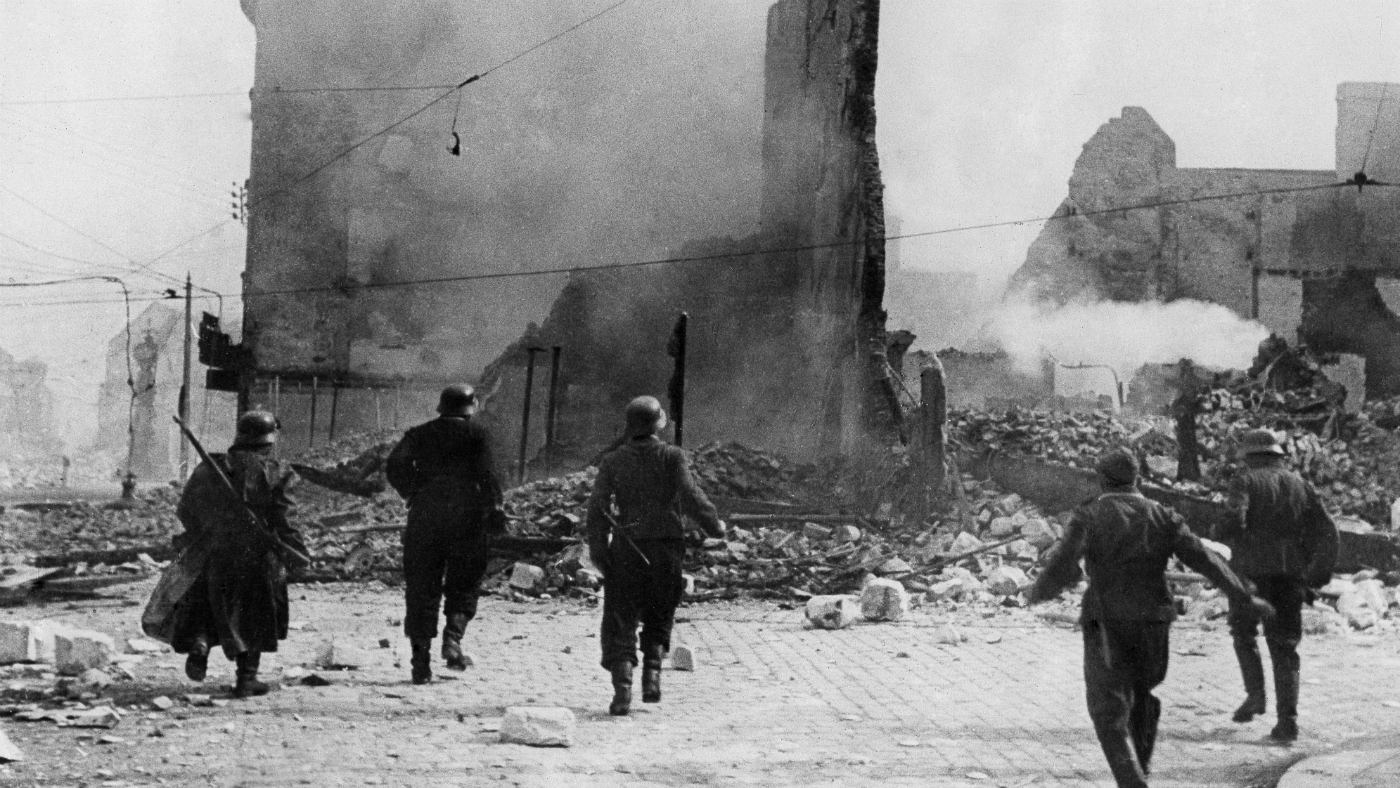 First World War: four things we get wrong
First World War: four things we get wrongIn Depth
-
 What happened at the Battle of Amiens
What happened at the Battle of AmiensIn Depth Theresa May is in France to mark 100th anniversary of one of the most pivotal events of First World War
-
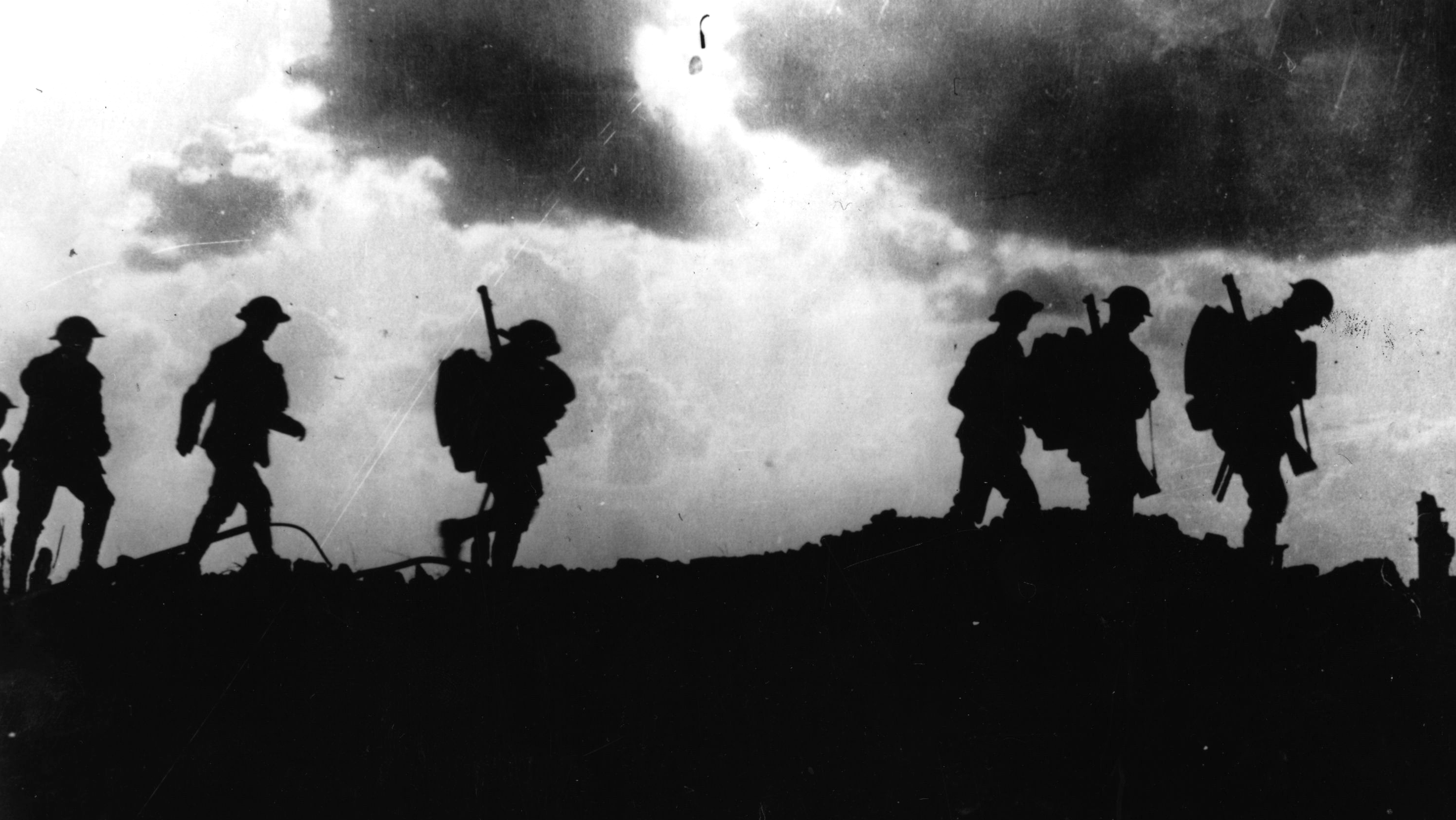 The secret history of the gay soldiers who served in the First World War
The secret history of the gay soldiers who served in the First World WarIn Depth Discrimination and persecution has led to gay soldiers of the Great War being seen as tragic figures, but this was not always the case
-
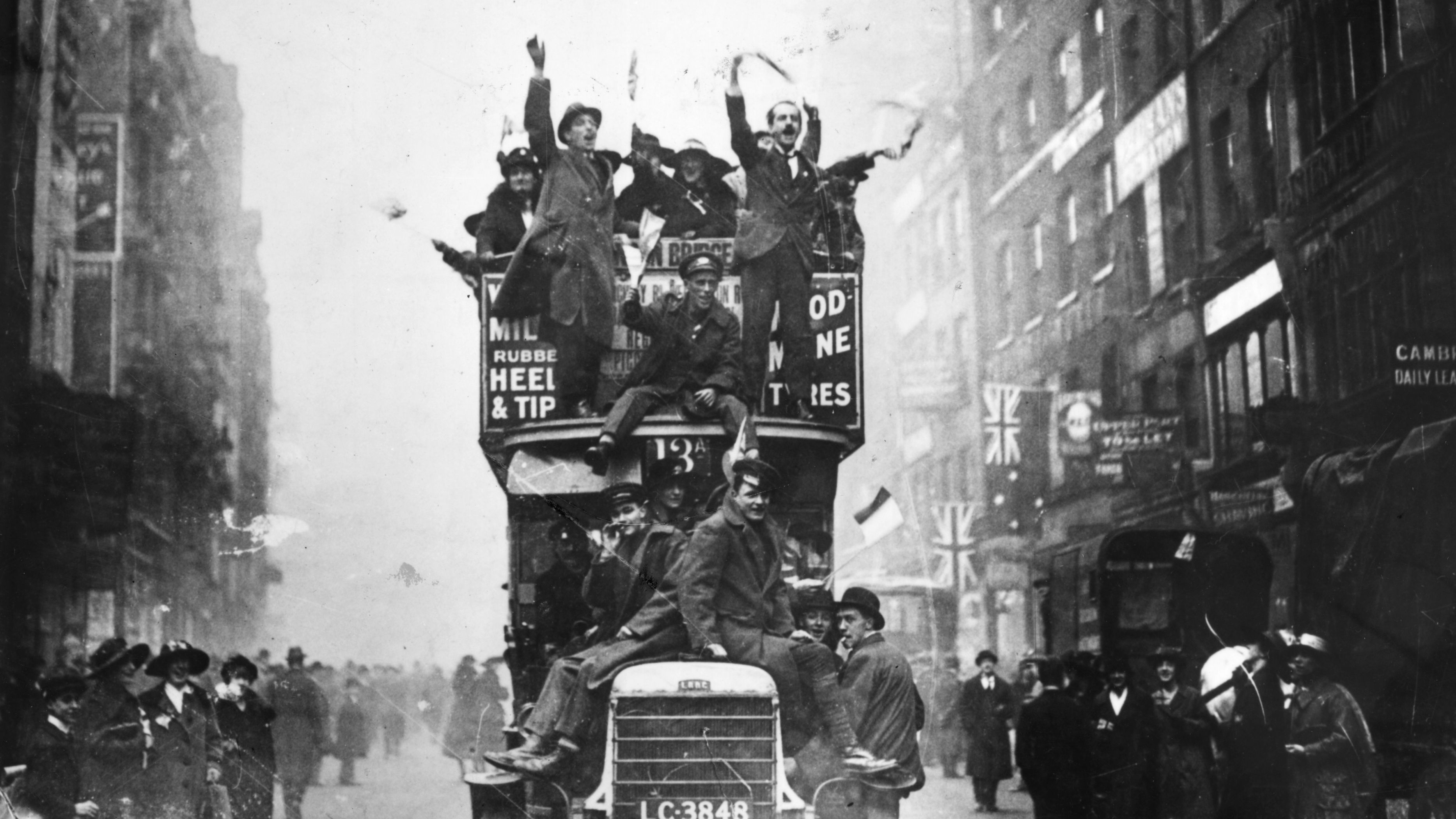 How did World War One end?
How did World War One end?In Depth Duchess of Cornwall marks Armistice Day at Westminster Abbey
-
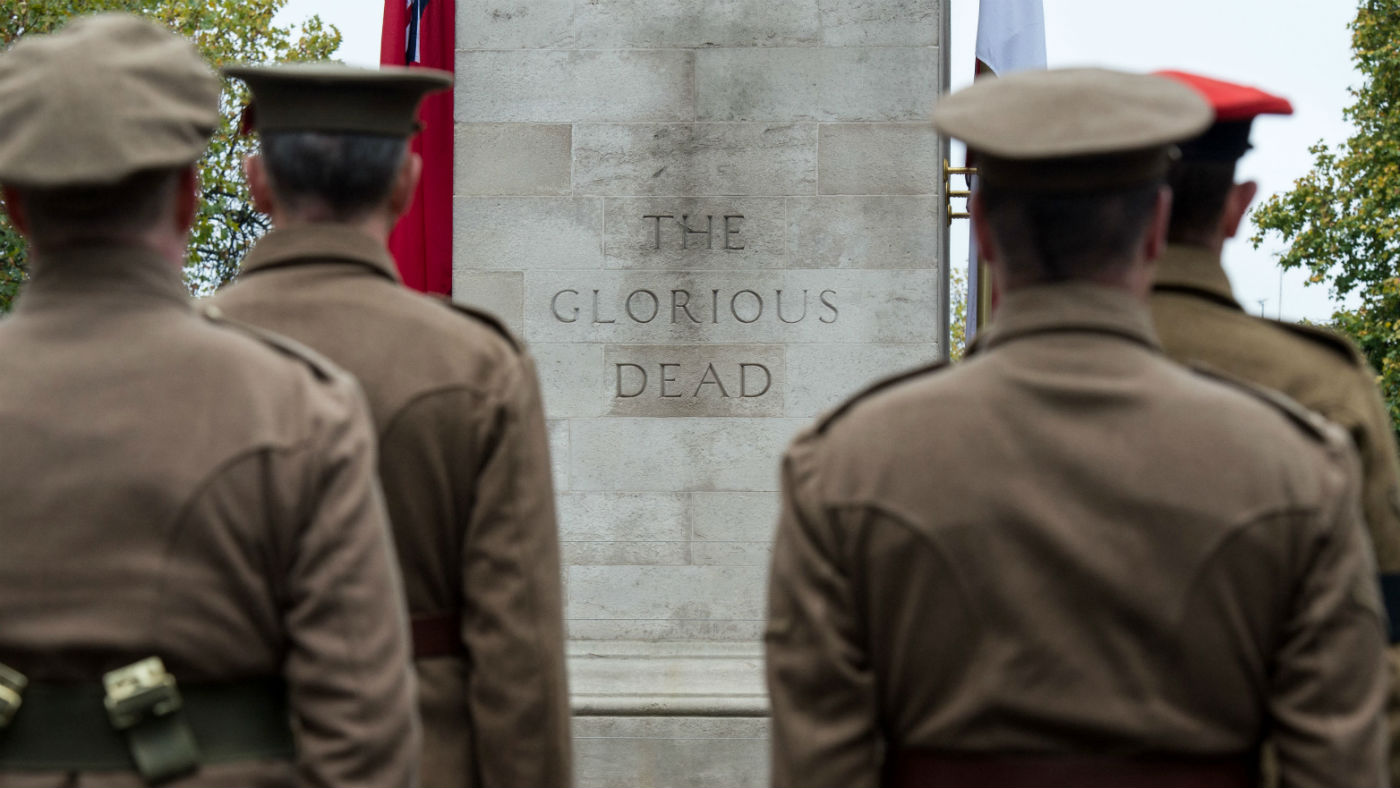 First World War centenary: Armistice events around the UK
First World War centenary: Armistice events around the UKThe Week Recommends A selection of events going on around the country as the UK prepares to commemorate 100 years since the end of World War One
-
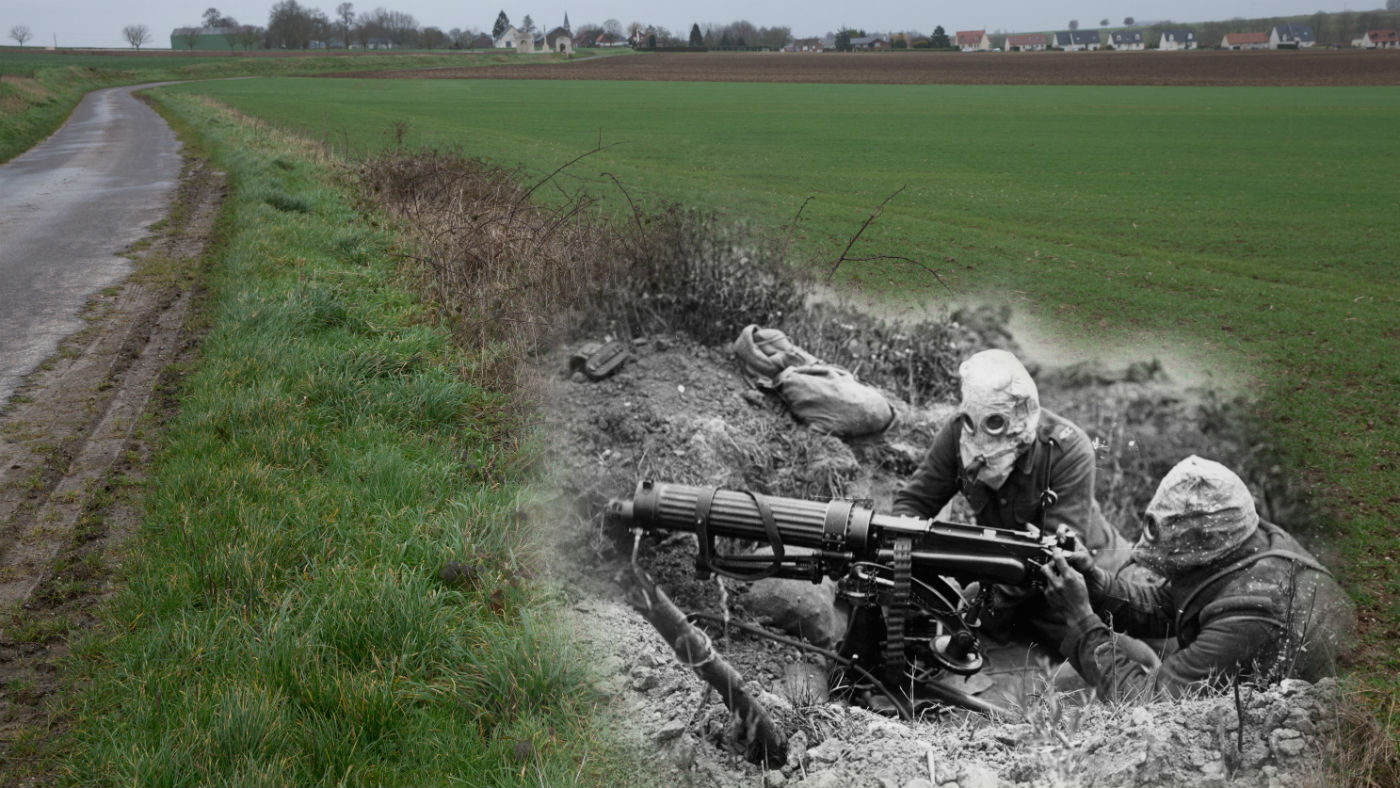 First World War composite photos bring past to life
First World War composite photos bring past to lifeIn Depth Then-and-now images put snapshots of the Great War in a 21st century setting
-
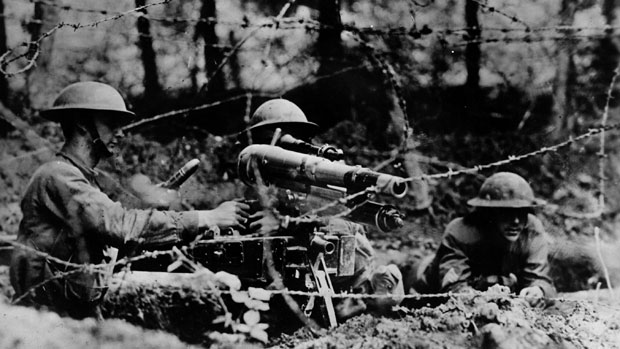 Why the Battle of the Somme was so significant
Why the Battle of the Somme was so significantIn Depth Commemorations are taking place in Thiepval to mark centenary of infamous World War One battle